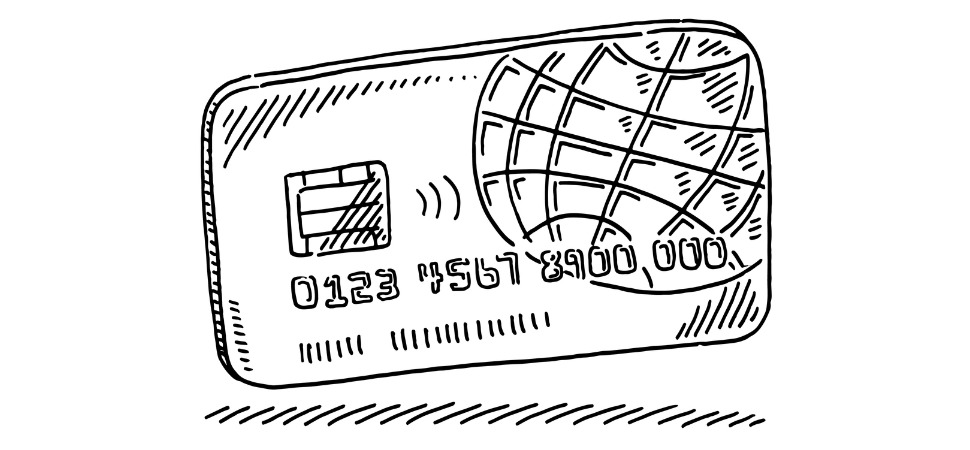When COVID hit in March 2020, plans were already underway for a philanthropic partnership between the Mastercard Center for Inclusive Growth and New America Chicago. A team of volunteers at Mastercard had led a similar data-driven initiative in New Orleans the year prior, using analytics to tackle economic issues in the city. Similarly, this project in Chicago aimed to provide data insights to Mayor Lightfoot’s administration and local organizations working to revitalize underinvested Black and Brown communities.
For decades, community development financial institutions (CDFIs) and community development corporations (CDCs) in Chicago have worked to attract new retail and housing developers to lower-income neighborhoods. However, the types of data insights used by large, for-profit developers are not always accessible to these organizations or local policymakers. On top of that, COVID was quickly changing the landscape, meaning that data from just a few months ago could already be sorely outdated.
Undeterred by the pandemic, the two teams worked together to plan an event called a “Datathon”—a term Mastercard uses for volunteer engagements where its data scientists run analytics on behalf of a non-profit or government partner in service of a social mission. The goal of the company’s Datathon program – aligned to doing well by doing good and leveraging data responsibly to drive positive social impact – is to leverage Mastercard’s resources to help social sector organizations become more data-driven.
To find out what types of data insights were most needed in the city, the Datathon team partnered with Chicago’s Department of Planning & Development, the Chicago Community Trust, and New America. Volunteers quickly identified several sources—including spending trends across the city of Chicago based on Mastercard’s anonymized and aggregated transaction data—and paired them with learnings from interviews, photos taken on the ground, and local knowledge from community leaders and aldermen, subject to robust privacy and data protection controls. The Datathon team addressed about a dozen topics that ranged from measuring the economic impact of COVID to studying the catalytic power of investments made in Black neighborhoods.
One key question they tackled was: Can data-driven insights and spending patterns help reflect the buying power of low-income communities and help make a case for reinvestment?
Mastercard’s team focused on neighborhoods within the INVEST South/West program, a city government initiative that aims to mobilize $750 million in funding for low-income communities that have been identified as top priorities for development. Using a public interest technology approach, twenty Mastercard data scientists worked to quantify “leakage,” or how much community buying power is leaving the area because that community lacks retail and dining options. They found that INVEST South/West neighborhoods had significantly fewer businesses than the average Chicago neighborhood (sometimes going as low as 70% below the city average) and that more than 90% of spending in these areas was lost to leakage.
While local experts have known about these challenges for years, putting numbers to the phenomenon could help change the conversation. This type of data partnership supports efforts led by New America Chicago’s core funder and partner, the Chicago Community Trust, to help provide disinvested Black and Latino communities with the resources they need to attract new investment and reward the strong entrepreneurial spirit found in the West and South sides of Chicago. With these new insights, we hope to build a case for reinvestment in the stagnant commercial corridors that the INVEST South/West initiative is focusing on for revival. Read more about this set of insights and data-driven work from the Mastercard Datathon on the New America Chicago blog.
Meegan Dugan Bassett is a fellow who leads the Chicago portfolio in New America Local, in collaboration with the Chicago Community Trust. Her work focuses on how local communities and public policy work to improve equity and economic mobility.
Kaity Hsieh is a global project manager for Mastercard.
